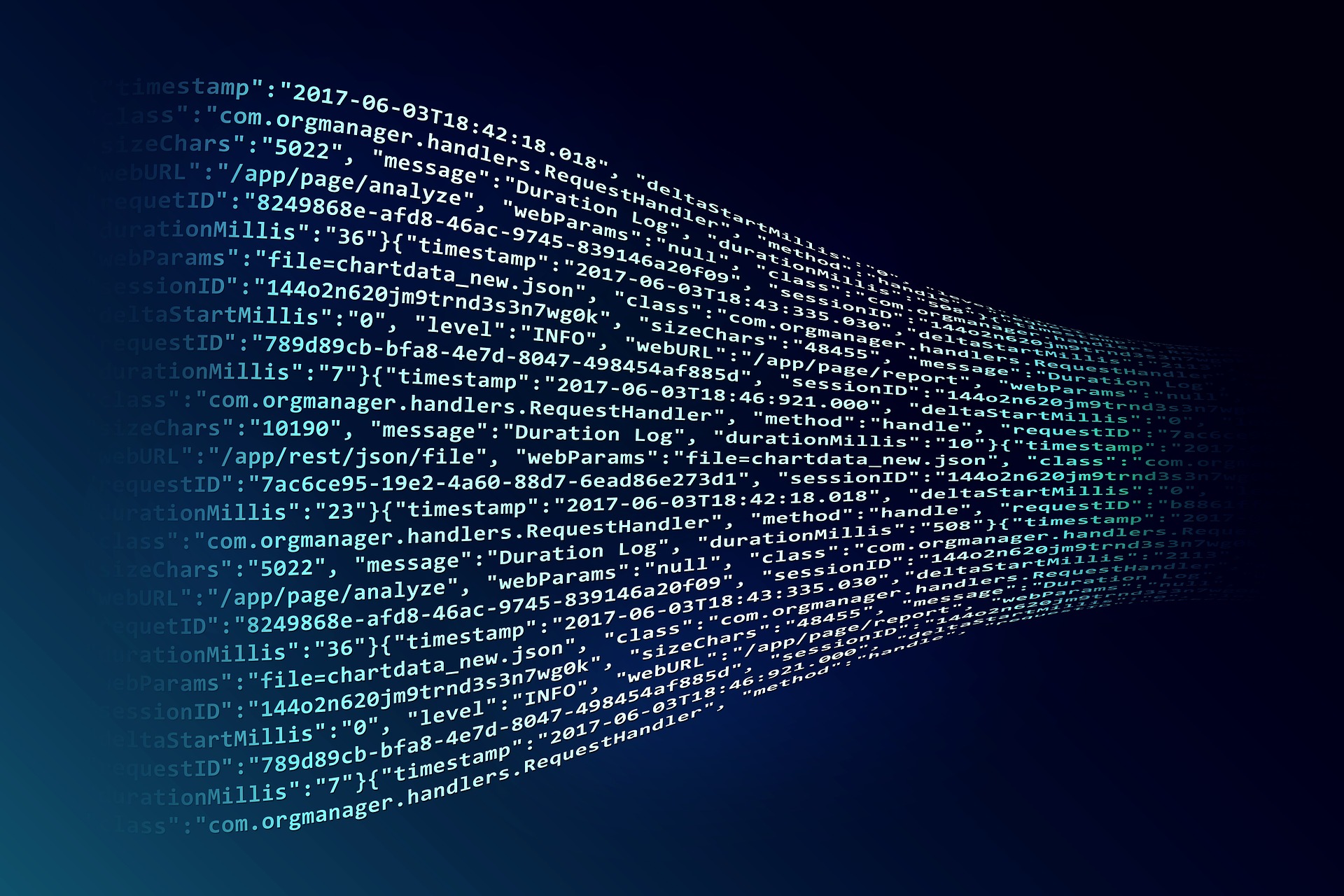Decoding the World of Medical Coding: A Vital Component of Modern Healthcare
September 14, 2023
Decoding the World of Medical Coding: A Vital Component of Modern Healthcare
Aileen Simmons
Chief Executive Officer, Revenulytics

The Significance of Medical Coding
Medical coding is a standardized language that transforms medical diagnoses, procedures, treatments, and supplies into universal codes. These codes are used for various purposes, including medical research, tracking disease patterns, monitoring public health, and most importantly, reimbursement from insurance companies. Accurate and precise coding ensures that healthcare providers receive proper payment for the services rendered, while also facilitating data analysis, medical decision-making, and continuity of care.
The Two Main Code Sets
There are two primary code sets used in medical coding: the International Classification of Diseases (ICD) and the Current Procedural Terminology (CPT). The ICD codes, currently in its tenth revision (ICD-10), provide detailed information on diagnoses, symptoms, and causes of diseases. On the other hand, CPT codes, maintained by the American Medical Association (AMA), describe medical procedures, services, and supplies. These two code sets work in tandem, ensuring comprehensive and accurate documentation of a patient’s medical encounter.
The Role of Medical Coders
Medical coders are the unsung heroes of the healthcare industry. These highly skilled professionals possess in-depth knowledge of anatomy, medical terminology, disease processes, and coding guidelines. They meticulously review medical records, decipher physicians’ notes, and assign appropriate codes for every diagnosis and procedure. Accuracy and attention to detail are paramount in their work, as any errors or omissions can have serious implications on patient care, reimbursement, and legal compliance. With the transition to electronic health records (EHRs) and the increasing complexity of coding systems, medical coders play a crucial role in maintaining data integrity and healthcare quality.
Challenges and Future Trends
Medical coding is not without its challenges. The ever-evolving nature of healthcare, frequent updates to coding guidelines, and the introduction of new technologies pose ongoing challenges for medical coders. Additionally, the emergence of artificial intelligence (AI) and machine learning technologies is reshaping the field, enabling automated coding assistance and enhancing coding accuracy. The future of medical coding lies in the integration of AI and human expertise, streamlining processes, reducing errors, and freeing up time for coders to focus on more complex tasks.
Conclusion
Medical coding serves as a vital link between healthcare providers, insurance companies, and patients. It ensures accurate documentation, proper reimbursement, and data-driven decision-making. The diligent work of medical coders enables the healthcare system to function smoothly, promoting quality care, financial viability, and overall efficiency in the modern world of healthcare.
